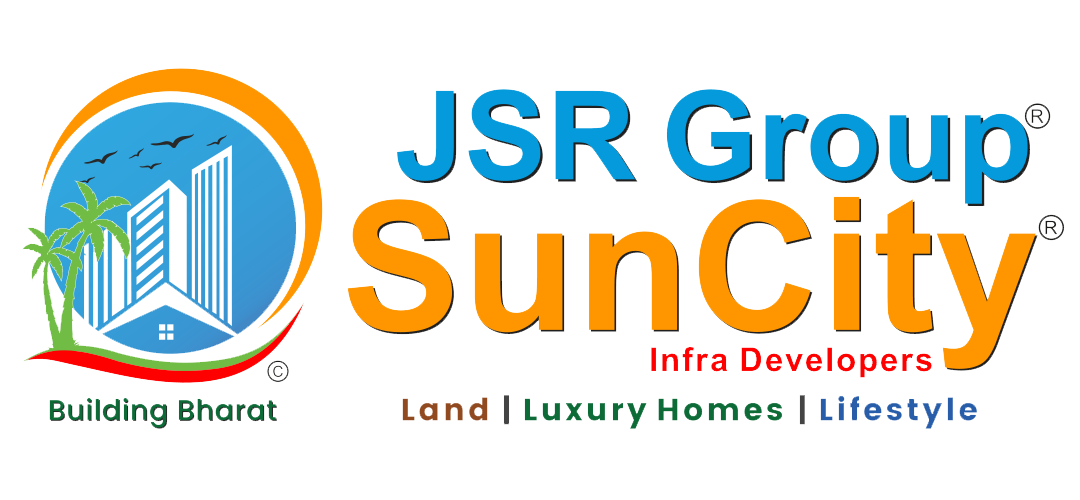Introduction:
As the demand for land continues to grow, the environmental impact of open plot development becomes increasingly significant. Sustainable practices in land development are essential for minimizing environmental degradation, conserving natural resources, and promoting long-term ecological resilience. In this detailed article, we will explore the environmental impact of open plot development and highlight sustainable practices that can mitigate negative effects while promoting environmental stewardship.
1. Understanding the Environmental Impact:
Open plot development can have far-reaching environmental consequences, including habitat destruction, loss of biodiversity, soil erosion, and water pollution. Clearing land for construction, grading, and excavation activities can disrupt natural ecosystems, fragment habitats, and degrade soil and water quality. Additionally, increased impervious surfaces can lead to stormwater runoff, flooding, and degradation of aquatic ecosystems.
2. Sustainable Site Selection:
Choosing the right location for open plot development is the first step in minimizing environmental impact. Selecting sites with minimal ecological value, such as degraded or underutilized lands, can help reduce habitat loss and preserve sensitive ecosystems. Avoiding environmentally sensitive areas such as wetlands, floodplains, and critical wildlife habitats is essential for protecting biodiversity and ecosystem services.
3. Conservation and Preservation:
Incorporating conservation and preservation measures into open plot development can help protect natural resources and sensitive habitats. Establishing conservation easements, green corridors, and protected areas within development sites can preserve biodiversity, promote wildlife habitat connectivity, and enhance overall ecosystem health. Additionally, preserving native vegetation, trees, and natural landscapes can provide numerous environmental benefits, including carbon sequestration, air quality improvement, and erosion control.
4. Sustainable Land Use Planning:
Adopting sustainable land use planning principles is critical for minimizing environmental impact and promoting responsible development practices. Implementing smart growth strategies, such as compact development, mixed land uses, and transit-oriented design, can reduce sprawl, minimize land consumption, and promote efficient land use patterns. Additionally, incorporating green infrastructure, such as permeable pavements, green roofs, and rain gardens, can help manage stormwater runoff, reduce heat island effects, and enhance urban biodiversity.
5. Energy Efficiency and Renewable Energy:
Promoting energy efficiency and integrating renewable energy sources into open plot development can reduce greenhouse gas emissions, mitigate climate change impacts, and enhance environmental sustainability. Implementing energy-efficient building design, passive solar techniques, and high-performance building materials can reduce energy consumption and promote resource conservation. Additionally, incorporating on-site renewable energy generation, such as solar panels or wind turbines, can offset energy demand and promote renewable energy adoption.
6. Water Conservation and Management:
Efficient water conservation and management practices are essential for minimizing water use, reducing pollution, and protecting aquatic ecosystems in open plot development. Implementing water-efficient landscaping, such as drought-tolerant plants and efficient irrigation systems, can reduce outdoor water consumption and promote water conservation. Additionally, incorporating green storm water infrastructure, such as rain gardens, bio swales, and constructed wetlands, can capture and treat storm water runoff, reduce erosion, and enhance water quality.
7. Waste Reduction and Recycling:
Minimizing construction and demolition waste and promoting recycling and reuse practices are essential for reducing environmental impact and promoting resource conservation in open plot development. Implementing construction waste management plans, source separation, and recycling programs can divert waste from landfills, conserve natural resources, and reduce greenhouse gas emissions. Additionally, incorporating sustainable building materials, such as recycled content materials, rapidly renewable materials, and low-emission products, can minimize environmental impact and promote green building practices.
Conclusion:
In conclusion, the environmental impact of open plot development can be significant, but sustainable practices can help mitigate negative effects and promote environmental stewardship. By incorporating sustainable site selection, conservation and preservation measures, sustainable land use planning, energy efficiency and renewable energy, water conservation and management, and waste reduction and recycling practices into open plot development, we can minimize environmental degradation, conserve natural resources, and promote long-term ecological sustainability. As the demand for land continues to grow, it is essential to prioritize sustainable practices and adopt responsible development strategies to protect our planet for future generations.
Back





